Keywords: Britain
There are more than 200 results, only the first 200 are displayed here.
-

AUSTRALIA
- Fatima Measham
- 08 July 2016
26 Comments
Rather than her reprise, it was the appeals for civility that I found more disconcerting. Katharine Murphy, Margo Kingston and Tracey Spicer ran variations of the argument that confronting the things that Hanson and her party stand for would inflate her status (as if getting elected into the senate has not already done that). Kingston suggests seeking out Hanson supporters for a chat. Unfortunately, that is not a thing black and brown Australians do, sit down for a cuppa with people who despise them.
READ MORE 
-

AUSTRALIA
- Andrew Hamilton
- 04 July 2016
17 Comments
After a plodding election race the stewards have called for a photo. But it looks more likely that Turnbull will be able to form a government. If so, he will need to address the interlocking challenges that we face in order to leave our children a world of possibility. The hope will be muted because both major parties promised little or nothing to address them. But we can take heart that there is certain to be an independently minded senate that can consequently strike down bad policies, and keep asking what kind of an Australia we want.
READ MORE 
-

INTERNATIONAL
- Gillian Bouras
- 04 July 2016
8 Comments
Every migrant, and every ageing person, loses a home and the past: that is simply the way things are. Fortunate people have the chance to make another home, and to write a series of additional chapters in their personal stories. We look back at the past, but can never revisit it. And would we really want to? We should always be careful what we wish for, as many British people who voted to leave the EU may now well be learning only too painfully.
READ MORE 
-
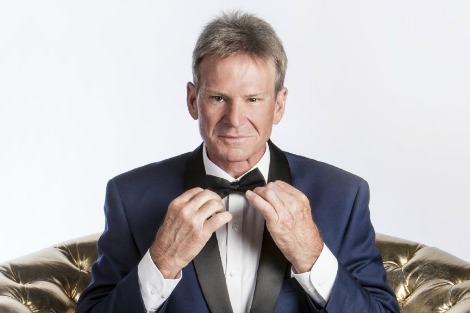
AUSTRALIA
- Jeff Sparrow
- 30 June 2016
8 Comments
Last week Sam Newman said he'd been approached to run for mayor in Melbourne on a 'Donald Trump-like anti-political correctness platform'. The announcement raised an interesting question: where's the Trump, or Sanders for that matter, in the Australian election? Richard Di Natale has articulated a vision of the Greens as 'the natural home of progressive mainstream Australian voters', yet we might equally say that he embraced politics-as-usual just as politics-as-unusual began to manifest everywhere.
READ MORE 
-

ECONOMICS
Had Greece decided to exit the EU last year the consequences would have been far greater than Brexit, because Greece uses the euro, whereas Britain has the pound. British interest rates are not set in Brussels, they are set by the Bank of England. And it has an independent fiscal and budgetary system, to the extent that it is possible. The British government has been imposing 'austerity' measures because it subscribes to neoliberal orthodoxy, not because it is being told to do so by Brussels or Germany.
READ MORE 
-

INTERNATIONAL
- Andrew Hamilton
- 23 June 2016
19 Comments
Some commentators in the Australian media have welcomed the prospect of Britain's leaving the EU. The founders of the union would recognise these commentators' hoped-for changes. They are precisely the conditions that contributed to the wars that they so feared: the xenophobia, disregard for human rights, chauvinism, military adventures entered by individual nations and competitive economic policies that alienated citizens and so bred authoritarian and ideologically inspired leaders.
READ MORE 
-
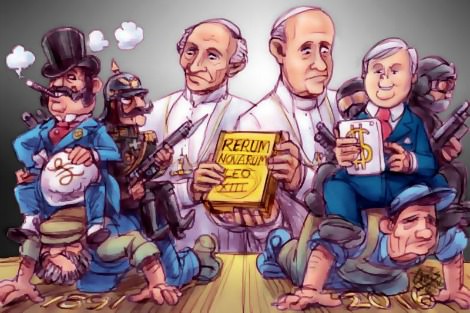
RELIGION
Pope Francis is determined to highlight the opposition of Christian social thinking to the tenets of neoliberalism or market fundamentalism, an ideology which assumes that free markets of themselves will produce the best outcome, and which pushes aside considerations of social or distributive justice. It is unlikely Francis would be waving the flag of social justice so boldly on the world stage had Pope Leo XIII not written his famous social manifesto, Rerum Novarum, 125 years ago.
READ MORE 
-

RELIGION
- Frank Brennan
- 02 May 2016
2 Comments
READ MORE
-
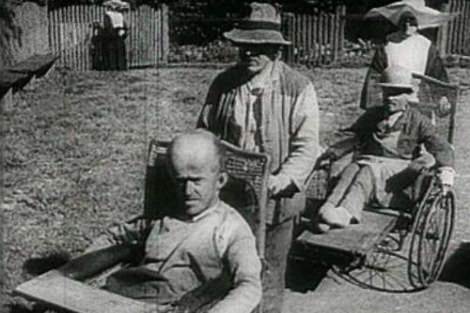
AUSTRALIA
- Justin Glyn
- 29 March 2016
9 Comments
People with disabilities have lived on society's margins since biblical times. In 1939, extending eugenics and sterilisation campaigns developed in the US in the early 20th century, Hitler authorised the vernichtung lebensunwerten Lebens ('the destruction of lives unworthy of life'). Unfortunately, not only has discrimination not been eradicated but those of us with disabilities, much like indigenous people, the poor, refugees and others with limited voice in society, continue to be seen as soft touches.
READ MORE 
-

AUSTRALIA
- Frank O'Shea
- 04 March 2016
2 Comments
At present, there is an argument between the two sides of politics about negative gearing. According to one side, changing the rules would reduce the cost of housing - and this is their strongest argument against such a change. A member of Gen X or Gen Y - someone in their 20s or 30s, not long out of education and in a first or second job, saving in the hope of one day being able to afford a home of their own - might not read it the same way. No wonder they are looking for a Messiah.
READ MORE 
-
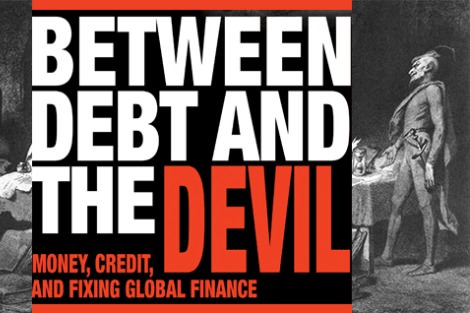
ECONOMICS
- David James
- 26 February 2016
8 Comments
It is not often that federal political parties exhibit courage. Labor's decision to change the rules on negative gearing is a rare instance. It targets what is most dangerous and unfair in our financial system. Expect howls of protests from powerful lobby groups if it ever looks like becoming policy. But these changes alone won't be enough to deal with the ills of the financial system. While they are designed to target the bias away from productive investment, they won't remove the attraction towards property.
READ MORE 
-
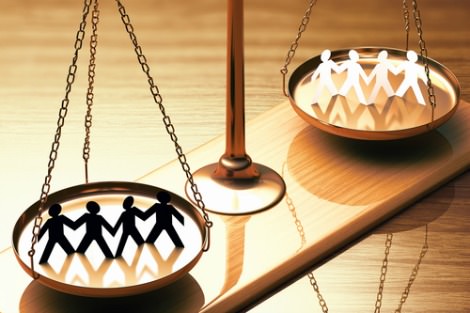
AUSTRALIA
- Somayra Ismailjee
- 03 February 2016
6 Comments
A perception of Muslims as 'savage' and antithetical to peace accounts for incidents where overtly racist people can rejoice easily at the loss of human life, to little negative reaction. When a person is deemed unworthy or bereft of humanity, their death becomes gruesomely welcome. While Islamophobia itself does not define racism, Muslim people exemplify ideas of a cardinal threat against the Anglocentric West, which laterally affects how brown non-Muslim minority groups are treated.
READ MORE 